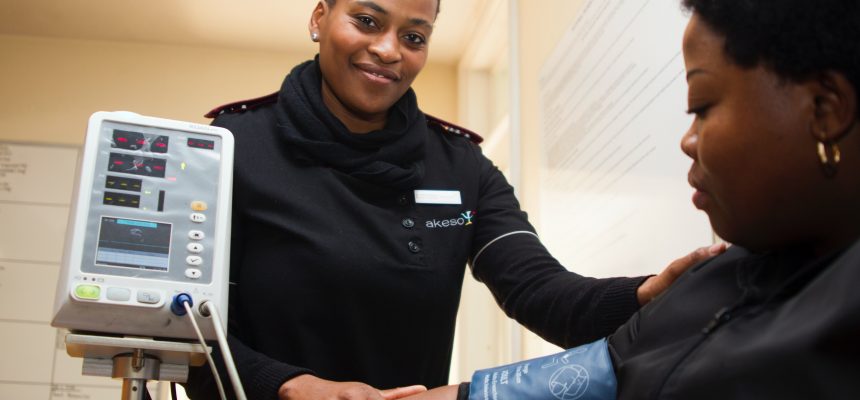Little Progress Being Made to Address Racial Disparities in Health Care
By Consumers for Quality Care, on November 13, 2024

Inequalities in America’s health care system still exist for many Black Americans, according to KFF Health News.
The “Corridor of Shame” is a rural stretch of 17 poverty-stricken counties in South Carolina largely populated by Black residents. Although Black consumers experience higher rates of chronic medical conditions such as diabetes, high blood pressure, and heart disease, many skip seeking medical care because they cannot afford the cost. Expanding Medicaid would greatly improve access to care, but state lawmakers refuse to expand the program. “There is a disconnect between policymakers and real people,” said Dr. Morris Brown, a local Black physician in this area, going on to say that the residents living in these towns “are not the people in power.”
Studies have found that access to medical care remains unequal across different demographics. Black Americans experience worse health care outcomes than white Americans. In general, people of color and low-income consumers are less likely to have health insurance. Even for those with health insurance, high-deductible plans and plans that aren’t comprehensive force consumers to shell out hundreds or even thousands of dollars before their coverage kicks in, forcing many to go into medical debt.
Entrenched, longstanding government policies rooted in racial discrimination have made these disparities worse, and progress is slow to come by. The most recent example of this is in South Carolina, where the state’s Governor vetoed a bill that would have created a committee to consider expanding Medicaid, calling the idea not “fiscally responsible.” Dr. Brown equates inaction to combat these disparities as “institutional racism.”
CQC urges lawmakers, providers, and regulators to do their part to identify and address racial disparities in our health care system.




